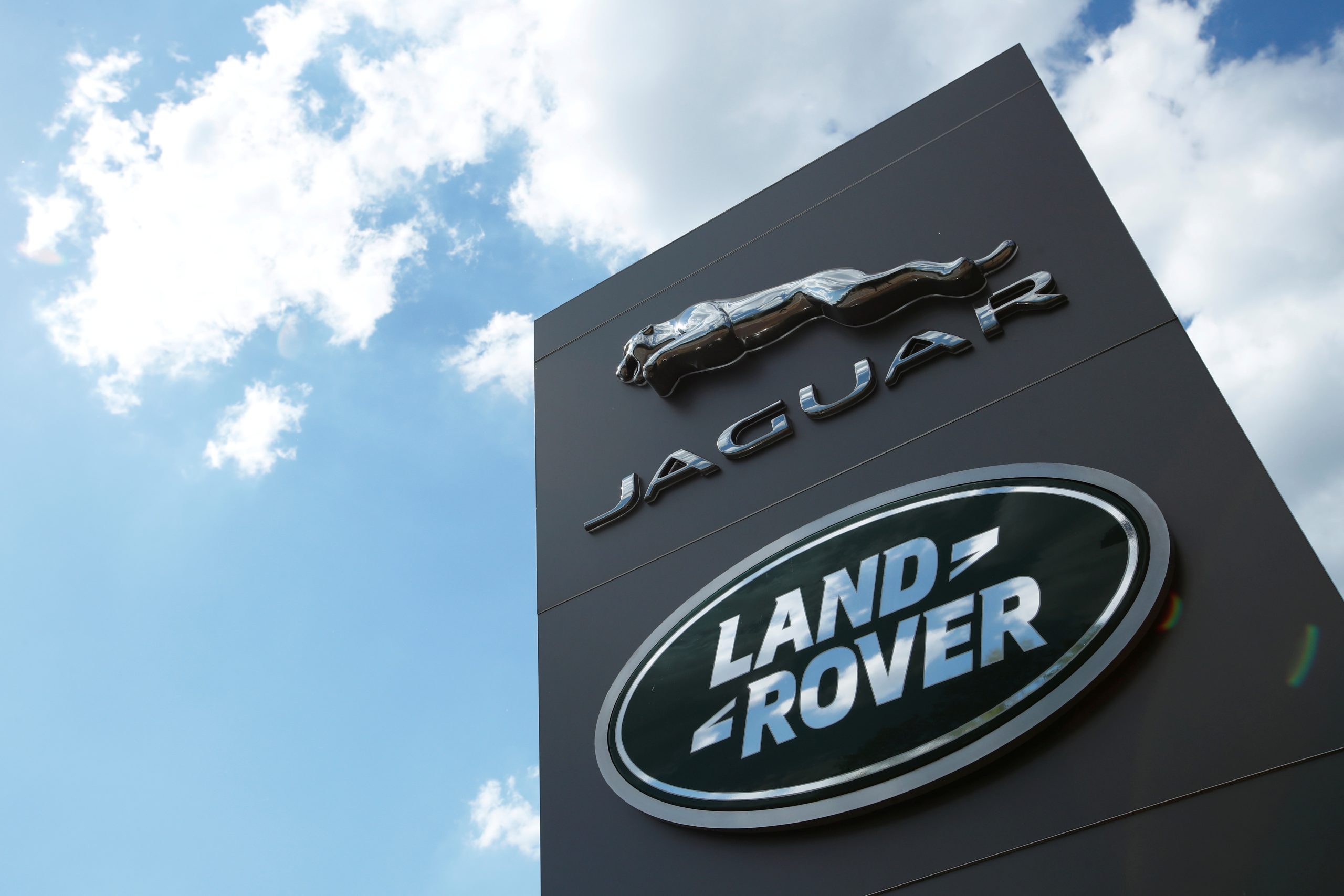Tata’s £4-Billion UK Gigafactory
London (AFP) – Indian conglomerate Tata Group announced Wednesday that it will build a gigafactory in Britain to manufacture batteries, as nations accelerate away from fossil fuel vehicles.

Britain plans to ban the sale of new high-polluting diesel and petrol cars from 2030, forcing its car manufacturing sector to switch production to electric vehicles. The £4-billion plant in the county of Somerset, southwest England, will be Tata’s first gigafactory outside India.
The UK reportedly beat off competition from Spain for the project, set to create thousands of jobs. The UK plant will become one of Europe’s largest battery-cell manufacturing sites with a capacity of 40 gigawatt hours, Tata said in a statement.
The announcement was a major boost for Britain’s Conservative Prime Minister Rishi Sunak, coming on the eve of three crucial by-elections in England, including one in Somerset.
Tata’s European Battery Cell Manufacturing
“Tata Group will be setting up one of Europe’s largest battery cell manufacturing facilities in the UK,” said its chairman N. Chandrasekaran. “Our multi-billion-pound investment will bring state-of-the-art technology to the country.”

Global transition Production was due to begin in 2026, creating up to 4,000 jobs and thousands more in the wider supply chain.
The British government claimed the factory would be a huge boost to the UK’s automotive sector, providing almost half of the battery production the country would require by 2030.
The gigafactory will supply JLR’s future battery electric models including the Range Rover, Defender, Discovery and Jaguar brands, with the potential to also supply other car manufacturers.
UK’s Automotive Sector Investment
“Tata group’s decision to build their new gigafactory here in the UK… is a huge vote of confidence in Britain,” added Sunak. “This will be one of the largest ever investments in the UK automotive sector.
“It will not only create thousands of skilled jobs for Britons around the country, but it will also strengthen our lead in the global transition to electric vehicles, helping to grow our economy in clean industries of the future.”
The UK’s goal of phasing out new diesel and petrol cars is part of its long-standing goal to achieve net zero carbon emissions by 2050 to help combat climate change.
Significant Moment for UK Car Industry
Greenpeace senior climate campaigner Paul Morozzo hailed the announcement as a “significant moment for the UK car industry”.
It signalled “that the government has finally started the engine in the international clean technology race, while others are speeding ahead”, he added in a statement.
Morozzo warned, however, that the UK government must stay on track with its 2030 target.
“Failing to do so would mean waving goodbye to any meaningful electric-vehicle manufacturing sector in the UK, regardless of this new gigafactory, which would put domestic car manufacturing as a whole in jeopardy,” he said.
Professor Pam Thomas, head of the battery-focused research group Faraday Institution, said the announcement of the Tata gigafactory was welcome news.
But she warned “for the UK to participate in the ongoing and competitive global race and fully support its electric ambitions across multiple sectors and next-generation technologies, the need for long term focus, research, and investment remains critical.”
Both Tata and the UK government have not confirmed the amount of state subsidy offered to attract the investment, with a Downing Street spokesperson described the matter as “commercially sensitive”.
Britain plans to ban the sale of new high-polluting diesel and petrol cars from 2030, forcing its largely foreign-owned manufacturers to switch to electric models — and sparking investment in battery production.
Japanese auto giant Nissan in 2021 announced investment totalling £1 billion for a gigafactory making batteries on the site of its vast car plant in Sunderland, northeast England, alongside Chinese battery titan Envision.
However, Britishvolt, a startup planning a UK gigafactory for electric vehicle batteries, went bust earlier this year and was rescued by Australia’s Recharge Industries.












